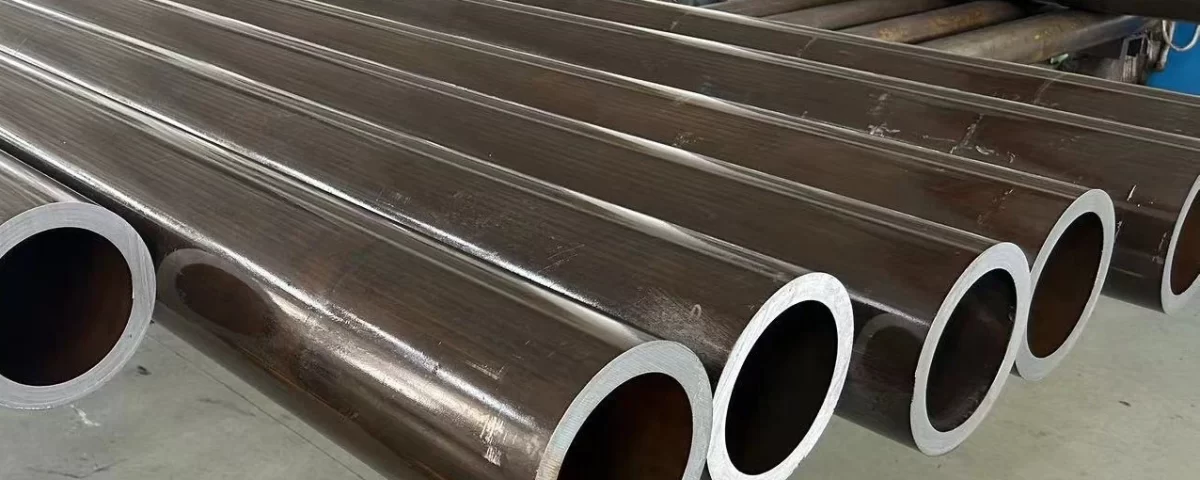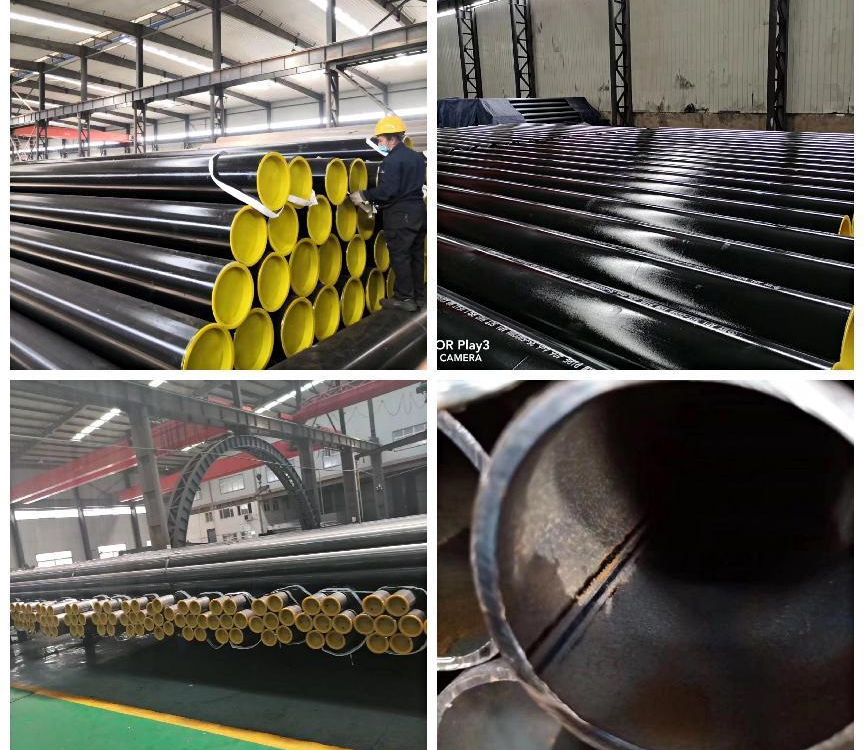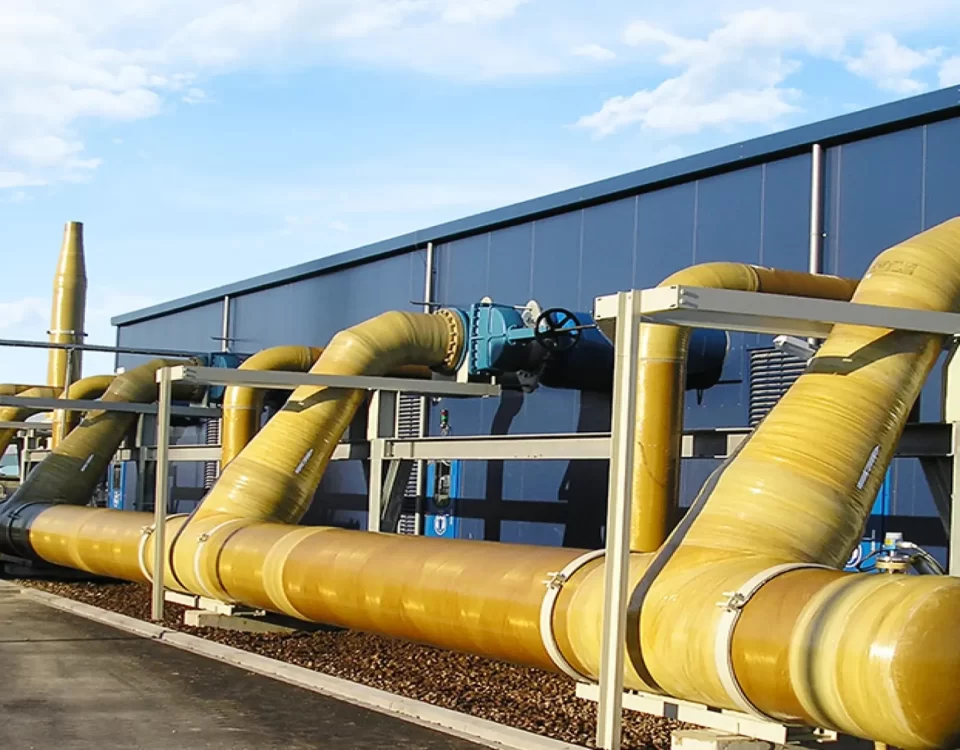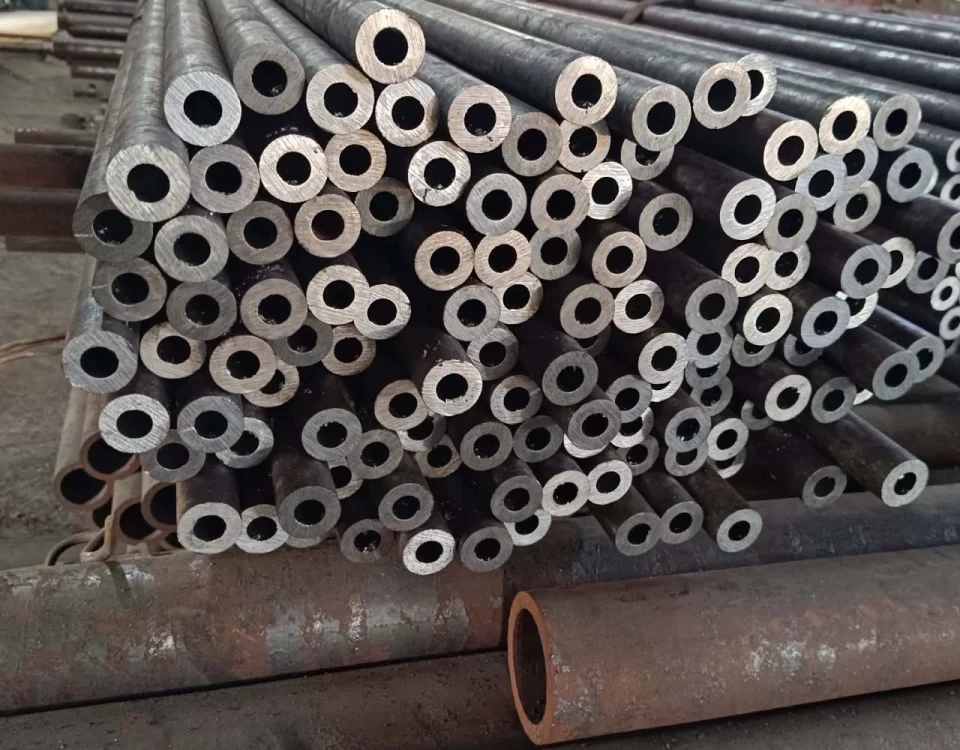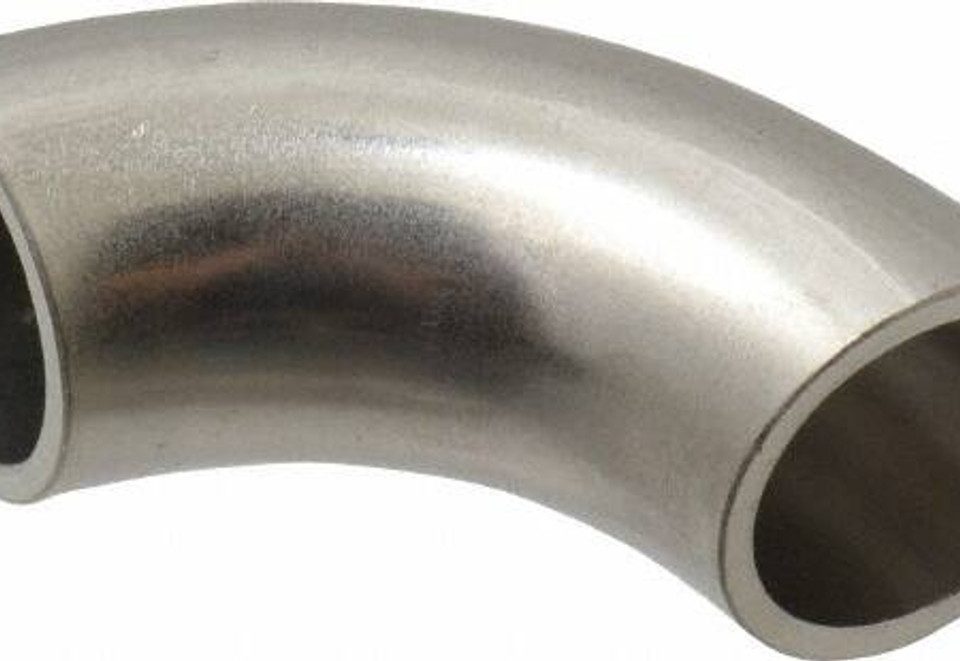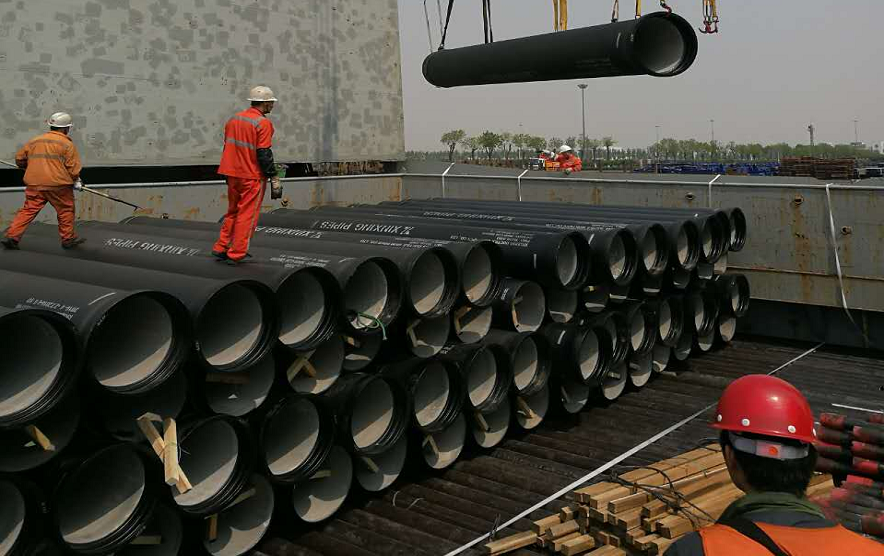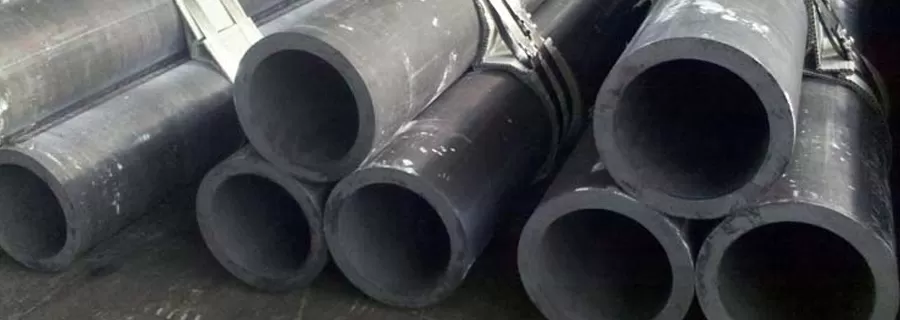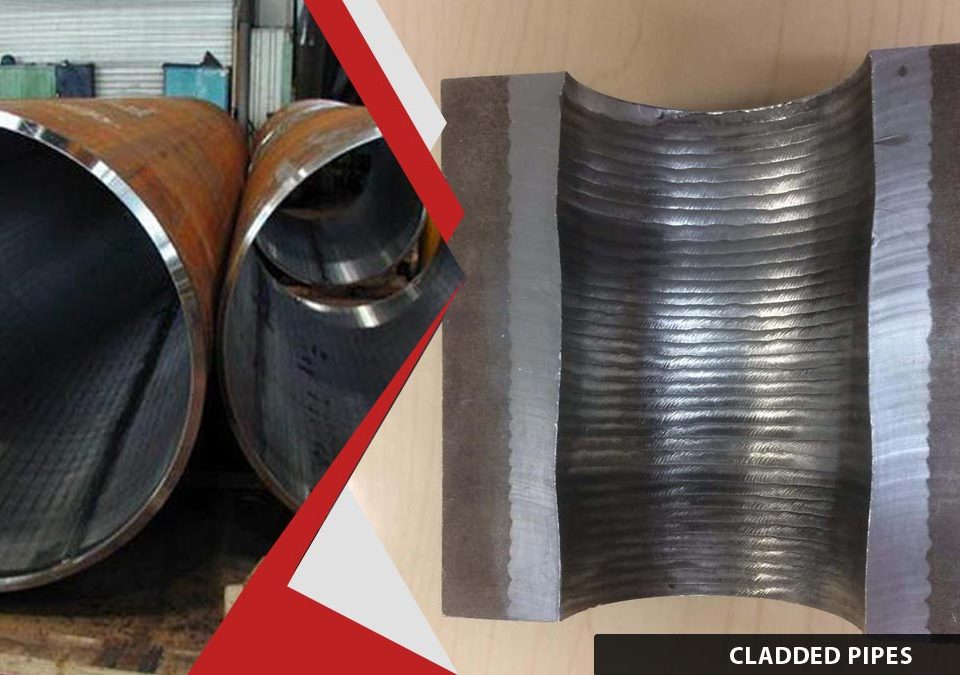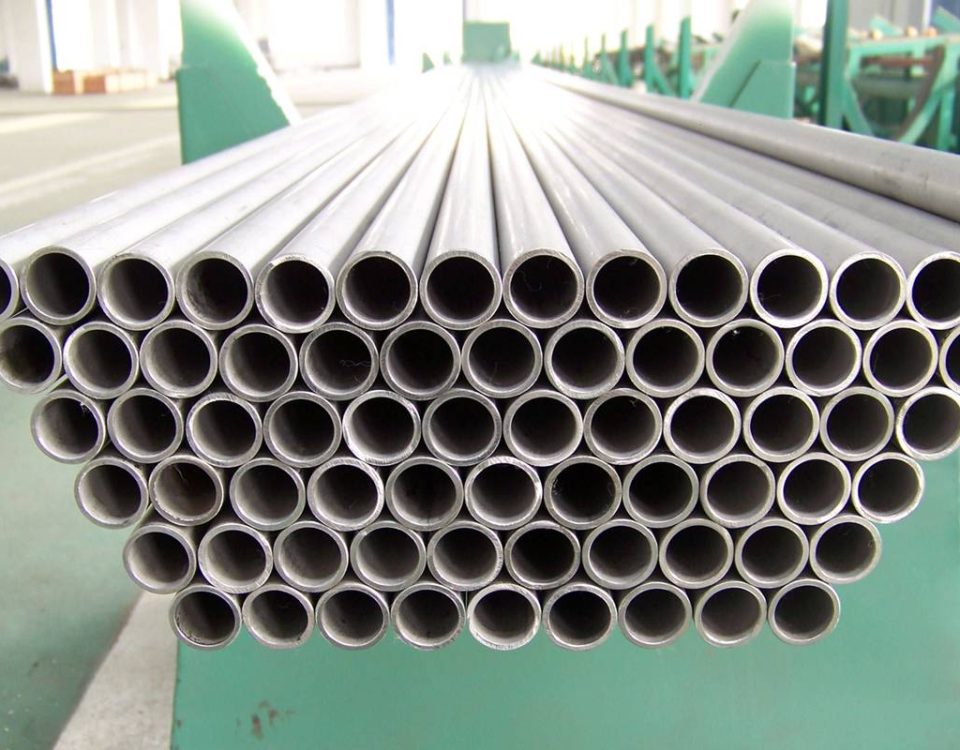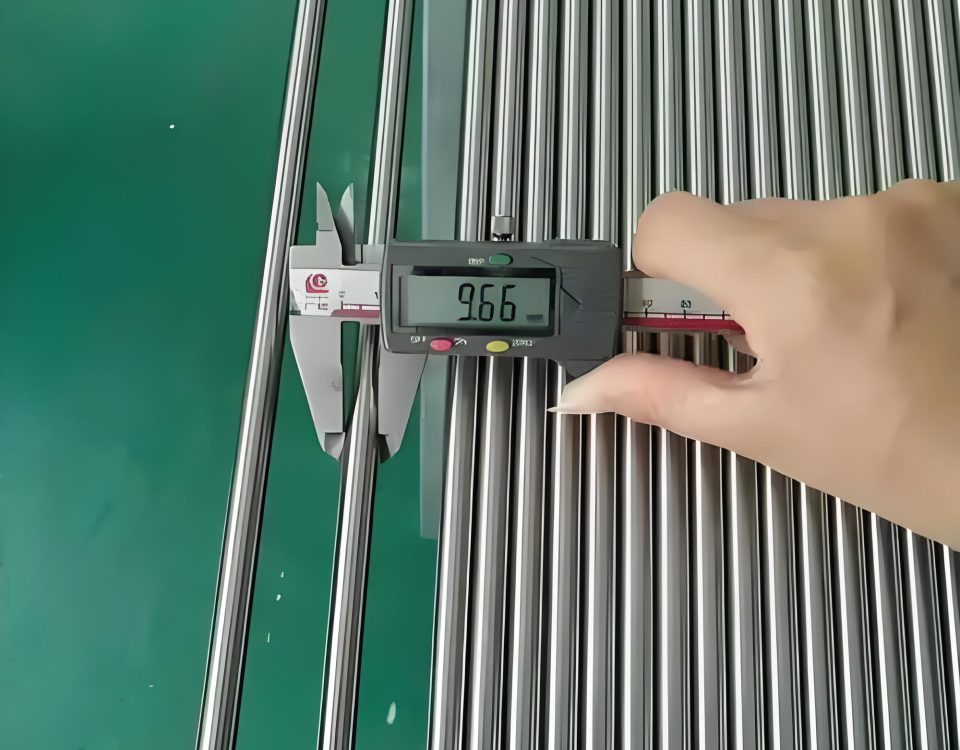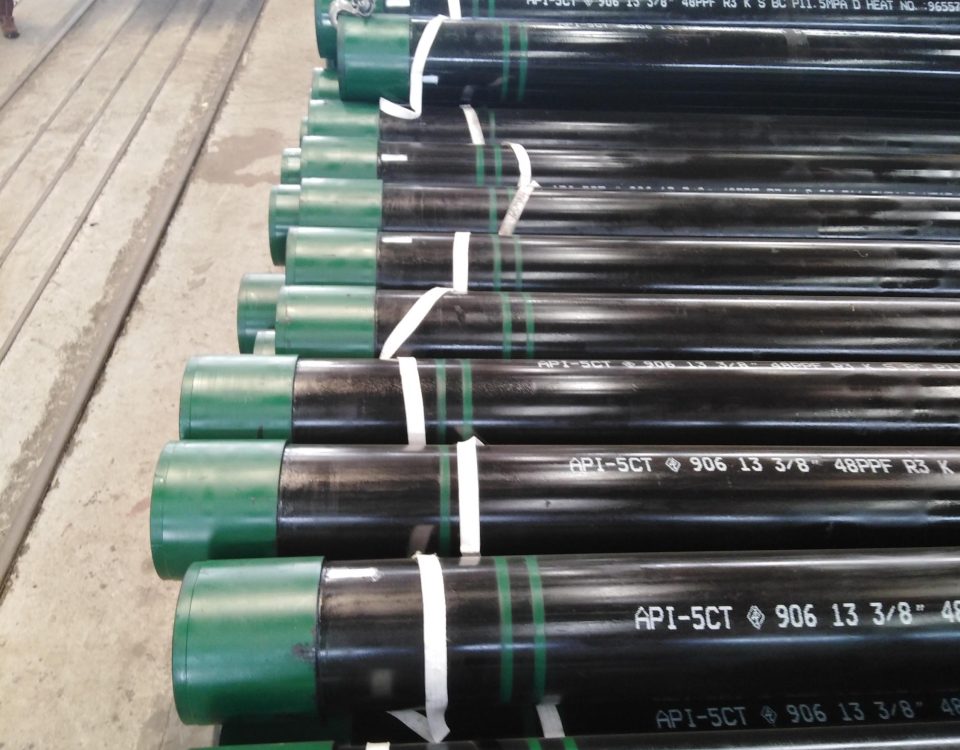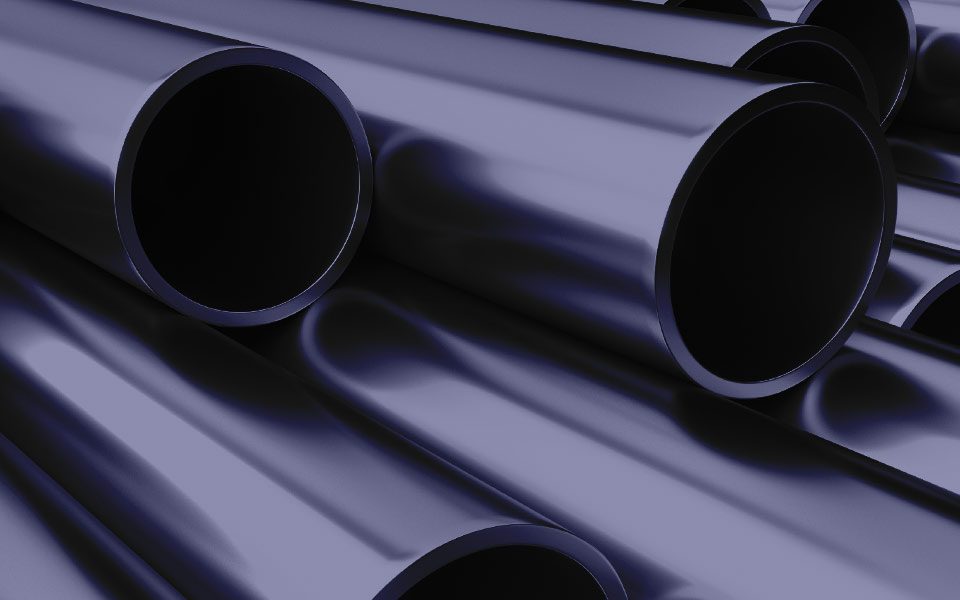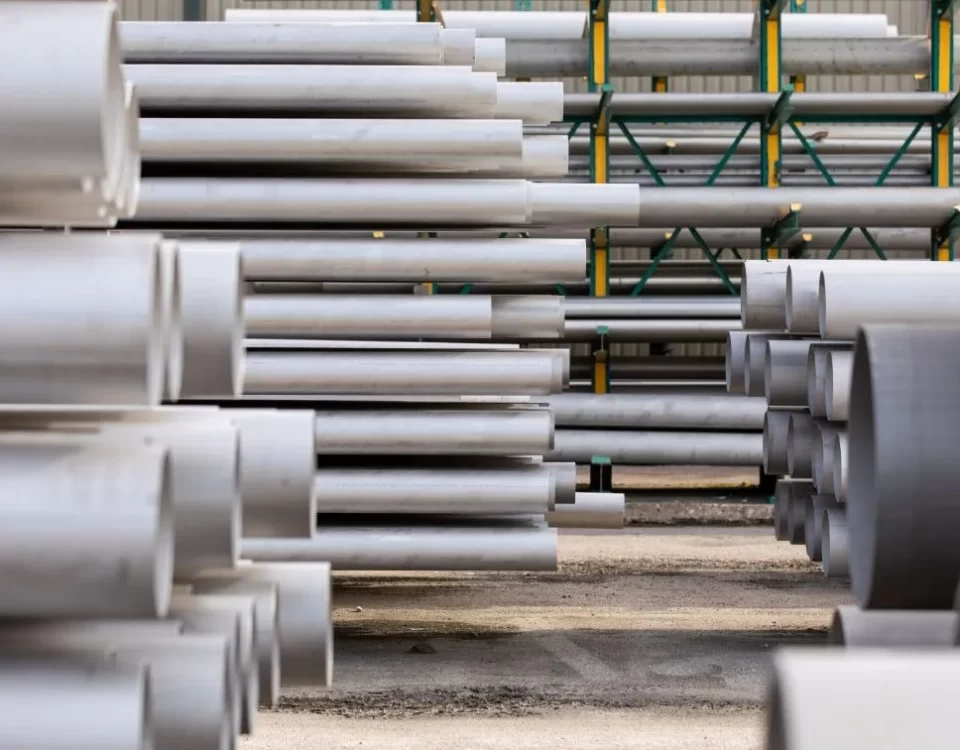
X80 Large Diameter Line Pipe Crack Control Technology
September 9, 2024
Line pipe manufacturing – Structural Mechanics and Design of Metal Pipes
September 17, 2024Effects of Granular Bainite and Polygonal Ferrite on Yield Point Phenomenon in API X65 Line-Pipe Steels
Introduction
The yield point phenomenon is a critical aspect of the mechanical behavior of line-pipe steels, influencing their performance in various applications. In API X65 line-pipe steels, the microstructural constituents, such as granular bainite and polygonal ferrite, play a significant role in determining the yield point behavior. This article explores the effects of these microstructures on the yield point phenomenon in API X65 steels, providing insights into their impact on mechanical properties and overall performance.
Understanding API X65 Line-Pipe Steels
What is API X65 Steel?
API X65 is a grade of high-strength, low-alloy steel commonly used in the construction of pipelines for transporting oil and gas. It is known for its excellent mechanical properties, including high strength, toughness, and weldability, making it suitable for demanding applications.
Key Microstructural Constituents
- Granular Bainite: A microstructure characterized by a mixture of bainitic ferrite and retained austenite, providing a balance of strength and toughness.
- Polygonal Ferrite: A microstructure consisting of equiaxed ferrite grains, contributing to ductility and toughness.
The Yield Point Phenomenon
What is the Yield Point Phenomenon?
The yield point phenomenon refers to the distinct transition between elastic and plastic deformation observed in some steels. It is characterized by a sudden drop in stress after yielding, followed by a period of uniform plastic deformation.
Importance in Line-Pipe Steels
The yield point phenomenon is crucial in line-pipe steels as it affects their ability to withstand mechanical stresses and deformations during service. Understanding the factors influencing this phenomenon is essential for optimizing the performance of line-pipe steels.
Effects of Granular Bainite on Yield Point Phenomenon
Influence on Mechanical Properties
Granular bainite contributes to the strength and toughness of API X65 steels. Its presence can enhance the yield strength and resistance to crack propagation, making it beneficial for applications requiring high mechanical performance.
Impact on Yield Point Behavior
The presence of granular bainite can influence the yield point phenomenon by affecting the dislocation movement and strain hardening behavior. It may lead to a more pronounced yield point, characterized by a higher yield strength and a distinct yield drop.
Microstructural Characteristics
Granular bainite is characterized by a fine dispersion of bainitic ferrite and retained austenite, which can impede dislocation movement and contribute to strain hardening. This microstructure can enhance the yield point phenomenon by promoting a more defined yield point.
Effects of Polygonal Ferrite on Yield Point Phenomenon
Influence on Mechanical Properties
Polygonal ferrite contributes to the ductility and toughness of API X65 steels. Its presence can improve the steel’s ability to undergo plastic deformation without fracturing, enhancing its overall toughness.
Impact on Yield Point Behavior
The presence of polygonal ferrite can influence the yield point phenomenon by affecting the steel’s ductility and strain hardening behavior. It may lead to a less pronounced yield point, characterized by a smoother transition from elastic to plastic deformation.
Microstructural Characteristics
Polygonal ferrite is characterized by equiaxed ferrite grains, which provide a more uniform distribution of dislocations and promote ductility. This microstructure can reduce the yield point phenomenon by facilitating a smoother transition from elastic to plastic deformation.
Balancing Granular Bainite and Polygonal Ferrite
Optimizing Microstructure for Desired Properties
The balance between granular bainite and polygonal ferrite in API X65 steels is crucial for achieving the desired mechanical properties and yield point behavior. By optimizing the microstructure, it is possible to tailor the steel’s performance for specific applications.
Heat Treatment and Processing
Heat treatment and processing techniques play a vital role in controlling the microstructure of API X65 steels. By adjusting parameters such as cooling rate and temperature, it is possible to influence the formation of granular bainite and polygonal ferrite, thereby affecting the yield point phenomenon.
Conclusion
The effects of granular bainite and polygonal ferrite on the yield point phenomenon in API X65 line-pipe steels are significant, influencing their mechanical properties and performance. Granular bainite enhances strength and toughness, contributing to a more pronounced yield point, while polygonal ferrite improves ductility and reduces the yield point phenomenon. By understanding and optimizing the balance between these microstructures, it is possible to tailor the performance of API X65 steels for specific applications, ensuring their reliability and efficiency in demanding environments.
FAQ
1. What is the yield point phenomenon in line-pipe steels?
The yield point phenomenon refers to the distinct transition between elastic and plastic deformation observed in some steels, characterized by a sudden drop in stress after yielding.
2. How does granular bainite affect the yield point phenomenon?
Granular bainite enhances strength and toughness, contributing to a more pronounced yield point by affecting dislocation movement and strain hardening behavior.
3. What role does polygonal ferrite play in the yield point phenomenon?
Polygonal ferrite improves ductility and reduces the yield point phenomenon by promoting a smoother transition from elastic to plastic deformation.
4. How can the microstructure of API X65 steels be optimized?
The microstructure can be optimized through heat treatment and processing techniques, adjusting parameters such as cooling rate and temperature to influence the formation of granular bainite and polygonal ferrite.
5. Why is understanding the yield point phenomenon important for line-pipe steels?
Understanding the yield point phenomenon is crucial for optimizing the performance of line-pipe steels, ensuring their ability to withstand mechanical stresses and deformations during service.

